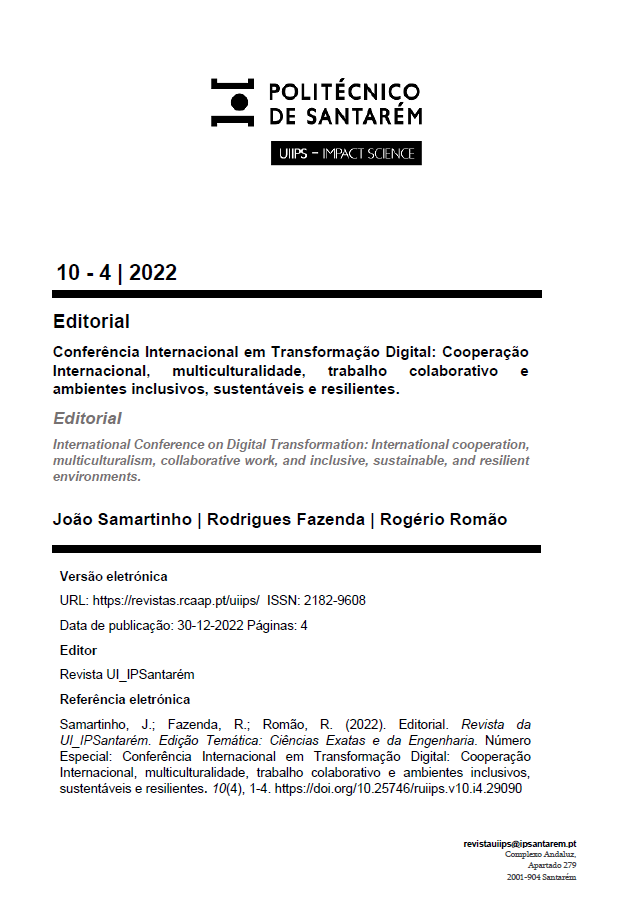The Implementation and Use of LMS in Language Teaching in Higher Education: Between Adaptation and Innovation
DOI:
https://doi.org/10.25746/ruiips.v10.i4.29098Keywords:
Language Teaching, LMS, Moodle, Learning Environments, CLIA ModelAbstract
Initially as a response to the challenges posed by the Covid-19 pandemic, but in the meantime, already transformed into a structuring reality of many Higher Education Institutions, technology has played an increasingly preponderant role in teaching. This study takes language teachers at the University of Santiago, in Cape Verde, as its subjects, seeking to analyze their perception of the implementation and use of the Moodle platform, in order to, in the end, reflect on the real transformation operated in terms of the pedagogical model used. The results point to positive beliefs and good acceptance of the Moodle platform, although its use is not very diversified, namely with regard to activities for language teaching and practice. It is concluded that we are still in a transition phase between an adaptation of traditional pedagogical practices and a true incorporation of an innovative teaching model, raising questions about forms and models for this transition.
Downloads
Published
How to Cite
License
Copyright (c) 2022 Luís Rodrigues

This work is licensed under a Creative Commons Attribution-NonCommercial-NoDerivatives 4.0 International License.
Authors publishing in this journal agree to the following terms:
Authors retain copyright and grant the journal the right of first publication, with the article simultaneously licensed under the Creative Commons Attribution License that allows sharing of the work with acknowledgement of authorship and initial publication in this journal.
Authors are permitted to enter into additional contracts separately for non-exclusive distribution of the version of the article published in this journal (e.g., publish in an institutional repository or as a book chapter), with acknowledgment of authorship and initial publication in this journal.
Authors have permission and are encouraged to publish and distribute their work online (e.g., in institutional repositories or on their personal webpage) at any point before or during the editorial process, as this may generate productive changes, as well as increase the impact and citation of the published work.



